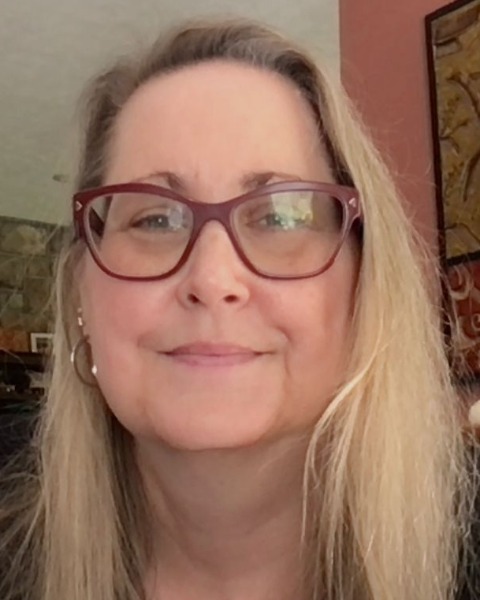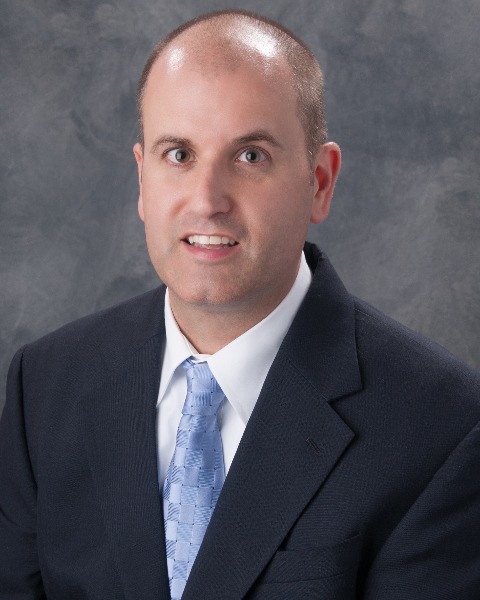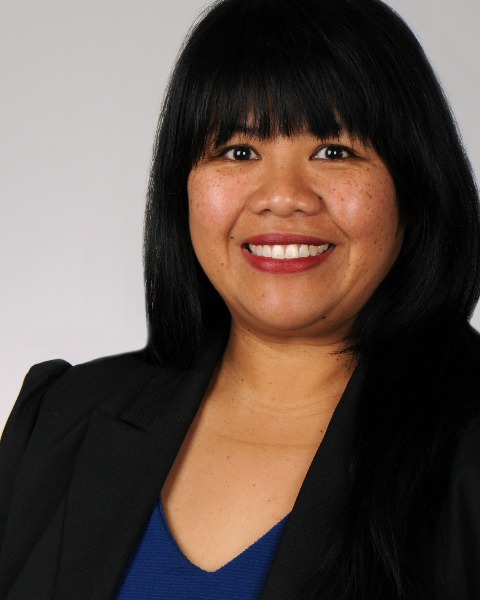Translational Research Evaluation
The Story of the Underrepresented: Being Attentive to the Diverse Populations Served by Networks for Clinical and Translational Research
-
BT
Beth Tigges, PhD, RN, PNP, BC
Professor
University of New Mexico, United States -
SM
Sabina Malik, PhD
Research Assistant Professor
University of Nevada Reno, United States -
KC
Kathrene Conway, BS
Software Engineer
University of Montana, United States -
JG
Jospeh Guerrero Lopez, PhD
Professor
University of Nevada Las Vegas, United States -
FS
Francisco Sy, MD, MS, DrPH
Professor
University of Nevada Las Vegas, United States -
MC
Mary Culnane, PhD
Policy Scientist
University of Delaware, United States -

Sue Giancola, PhD (she/her/hers)
Senior Associate Director, CRESP
University of Delaware
Newark, Delaware, United States -

Stephen Kogut, PhD
Chair: Tracking & Evaluation Core-RI Advance-CTR
University of Rhode Island, United States -
JS
John Stevenson, PhD (he/him/his)
Professor Emeritus
University of Rhode Island, United States -
AH
Anthony Hayward, MD
Co-Chair: Tracking & Evaluation Core-RI Advance-CTR
Brown University, United States -
MT
Meghan Tenca, MA
Data Specialist: RI Advance-CTR
Brown University, United States -

Judy Kimberly, PhD
Evaluation Director
Brown University, United States -

Rechelle Paranal, MSW, MA (she/her/hers)
Evaluation Manager
Medical University of South Carolina
Charleston, South Carolina, United States -

Rechelle Paranal, MSW, MA (she/her/hers)
Evaluation Manager
Medical University of South Carolina
Charleston, South Carolina, United States
Presenter(s)
Author(s)
Presenter(s)
Author(s)
Chair(s)
Disscussant(s)
Presenter(s)
Location: Room 301
Abstract Information: Incorporating the National Institutes of Health’s imperative to increase the presence of underrepresented student and faculty populations in the extramural scientific workforce (2019), this session will discuss how Networks for Clinical and Translational Research (CTRs) are promoting equity, diversity, and inclusion through the collection, reporting, and use of demographic data. We examine the approaches taken by three CTRs for capturing demographic information and for what purposes. The session will also explore practices for ensuring diverse participation in CTR activities and services, as CTRs work to amplify and reflect the stories of researchers from groups historically underrepresented in science and health. Culminating themes include the implications these activities have for CTRs and the populations they serve, future needs, and potential impacts on translational research overall. Paper 1:This paper describes initiatives of the Mountain West Clinical and Translational Research Infrastructure Network, covering six states and 12 universities since 2013, to evaluate participation of the full range of underrepresented faculty in the region. Using the NIH’s expanded definition of underrepresented, we collected demographic data from our researchers and will present these results in this session. Furthermore, we will discuss how we’ve implemented steps to collect this data prospectively to better characterize researchers from rural and medically underserved Mountain West IDeA states and the implications these characterizations may have for the conduct of clinical and translational research in our region. Paper 2:In order to strengthen the bi-directional relationship between ACCEL scientists and the community, the ACCEL Community Engagement and Outreach (CEO) sponsors an annual Community Research Exchange (CRE) to encourage and support research addressing the health priorities of Delawareans. The CRE aims to increase community engagement in ACCEL projects by offering an opportunity to: educate and engage the community in research; provide networking for researchers and the community; and create energy around specific themes as they are identified. This paper will present how the results of the demographic data collected from CRE participants and survey respondents over the past several years have been used by ACCEL leadership to inform and promote research, projects, and initiatives addressing the pressing problems important to the community. The discussion will include the decisions about the collection and use of demographic data to align community and researchers’ work as well as associated considerations concerning terminology, autonomy to self-identify, privacy, and rationale for collecting the data. Paper 3:Using seven years of evaluation data collected from a variety of activities and services provided by the Rhode Island (RI) Advance Center for Translational Research, we will examine impediments to conducting translational research experienced by researchers from groups underrepresented in science and medicine (e.g. women, racially/ethnically non-white, persons with disability or a disadvantaged background). Recent survey data highlighting the types of research barriers disproportionately confronting researchers from underrepresented groups in RI will be presented. Strategies for dismantling these barriers will be discussed. While quick fixes are unlikely, we intend that sharing experiences across CTRs will elucidate promising approaches for enhancing diversity, equity, and inclusion in the translational research enterprise.
Relevance Statement: Incorporating the National Institutes of Health’s imperative to increase the presence of underrepresented student and faculty populations in the extramural scientific workforce (2019), this session will discuss how Networks for Clinical and Translational Research (CTRs) are promoting equity, diversity, and inclusion through the collection, reporting, and use of demographic data. We examine the approaches taken by three CTRs for capturing demographic information and for what purposes. The session will also explore practices for ensuring diverse participation in CTR activities and services, as CTRs work to amplify and reflect the stories of researchers from groups historically underrepresented in science and health. Culminating themes include the implications these activities have for CTRs and the populations they serve, future needs, and potential impacts on translational research overall. National Institutes of Health. (2019). Populations Underrepresented in the Extramural Scientific Workforce (NOT-OD020-031). https://diversity.nih.gov/about-us/population-underrepresented
Presentations:
-
10:15 AM - 11:15 AM ETBarriers to conducting translational research experienced by researchers from groups that are underrepresented in science and medicine
Presenter: Stephen Kogut, PhD – University of Rhode Island
Presenter: John Stevenson, PhD (he/him/his) – University of Rhode Island
Presenter: Anthony Hayward, MD – Brown University
Presenter: Meghan Tenca, MA – Brown University
Presenter: Judy Kimberly, PhD – Brown University
-
10:15 AM - 11:15 AM ETBuilding the workforce for clinical and translational research in the U.S. Mountain West Region: Operationalization of underrepresentation to reflect the communities served
Presenter: Beth Tigges, PhD, RN, PNP, BC – University of New Mexico
Presenter: Sabina Malik, PhD – University of Nevada Reno
Presenter: Kathrene Conway, BS – University of Montana
Presenter: Jospeh Guerrero Lopez, PhD – University of Nevada Las Vegas
Presenter: Francisco Sy, MD, MS, DrPH – University of Nevada Las Vegas
-
10:15 AM - 11:15 AM ETUsing demographic data to build bi-directional relationships between ACCEL scientists and the community
Presenter: Sue Giancola, PhD (she/her/hers) – University of Delaware
-
10:15 AM - 11:15 AM ETUsing demographic data to build bi-directional relationships between ACCEL scientists and the community
Presenter: Mary Culnane, PhD – University of Delaware
